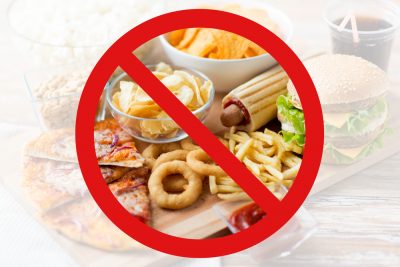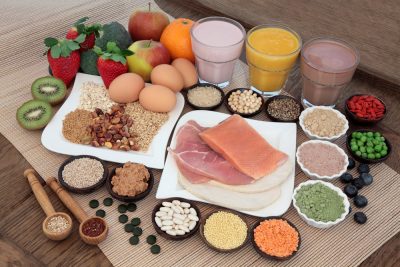Of course, a stomach full of nourishing meals brings satisfaction. This is not to say that you can just feed on anything that comes your way. The consequence of this is obesity.
Now, if you have been eating too much to such an extent that your stomach can’t compel you to stop, but after a short while you still feel hungry you haven’t been feeding right.
You see, there’s quite a distinction between achieving stomach fullness and attaining the right stage of satisfaction which is what your body actually wants to function effectively. That right amount of satisfaction is what is known as “satiety”. So, it doesn’t matter if you eat from now till after four hours, what matters is eating the right quantity which your body requires.
This article will intimate you on different foods that can help you achieve satiety which is what you should strive to attain whenever you set out to eat.
Meanwhile, before going on to explore the foods, let’s quickly see what satiety entails.
Satiety; what does it mean?
Simply put, satiety means attaining satisfaction as a result of food intake such that you are not hungry for a long time because the feeling of fullness attained at a particular time has weaned off. It is more of a physiological process that keeps you less hungry because regulatory peptides which are the essential nutrients you need have been released into your body as a result of food intake.
Satiety, at any point, shouldn’t be confused with stomach fullness – they are two different terms. And the impression that satiety connotes fullness must be corrected.
Stomach fullness means you have eaten to such extents that your stomach cannot take more at a particular time. Once fullness is attained when eating, the brain prompts the signal to you to stop eating. Disobedience to this signal is what leads to constipation. Satiety on the other hand means your body has the right proportion of food it needs to be coupled with the amount of nutrients it needs to function for a particular time.
What Food Can I Eat To Achieve Satiety
- Eat food rich in protein
Of course, meals that are rich in high proteins have been proven to be effective in helping you get full for a longer while without getting unnecessarily hungry. Such foods as tuna fish, chicken breast (with the skin removed), beans, shellfish, and lean beef are remarkable. Proteins are the major food nutrients that help maintain our level of satiety. Hence, you should eat more of them.
- Consider healthy fatty nutrients
If you have been joking about incorporating fatty foods into your meal, now is the time to stop. Such fatty foods like avocado and fish oil are largely concentrated in mono-saturated fats and polyunsaturated fats. Consuming these oily fats is quite known for activating the proteins necessary for achieving satiety. They are also well needed by the body to aid blood clotting, reduce inflammation, enhance muscle movement, and reduce the risk of contracting heart disease. Nevertheless, these fatty oils should be taken in lower quantities because they could make you lose your appetite as they contain fiber in large quantities.
- How about the fruits and veggies?
Indulging in fruits and veggies is quite helpful in attaining satiety. These food options are highly nourished with vitamins, fiber, and water which are just perfect for the body. Fibers are quite renowned for decreasing hunger and they don’t get digested easily. As such, they help maintain a reasonable level of satisfaction. Water too increases the weight of fruits without any significant addition to calorie level. This makes a regular indulgence in the consumption of fruits and vegetables quite helpful. Try water melon, pineapples, and succulent vegetables; they are good options
- Avoid fattening calories

Avoid eating calorie-infested meals. Rather, go for low density but nutrient-dense foods. The point is, instead of chowing down on grounded beef, sausages and burgers; you could opt for kale, salmon, grain cereal, and potatoes which contain less calorie concentration. These foods (kale especially) contain anti-oxidants which are largely beneficial to your health. Foods that are high in fiber are good options too.
- Start with an appetizer
Don’t just rush into the main meal. You could start by indulging in healthy appetizers. This will help reduce the intake of heavy meals. In the short run, you’d be drowning a smaller proportion of the meal to attain satiety. Healthy appetizers such as onion soup or veggie salad are quite healthy and easy to prepare – they provide good appetizing options.




